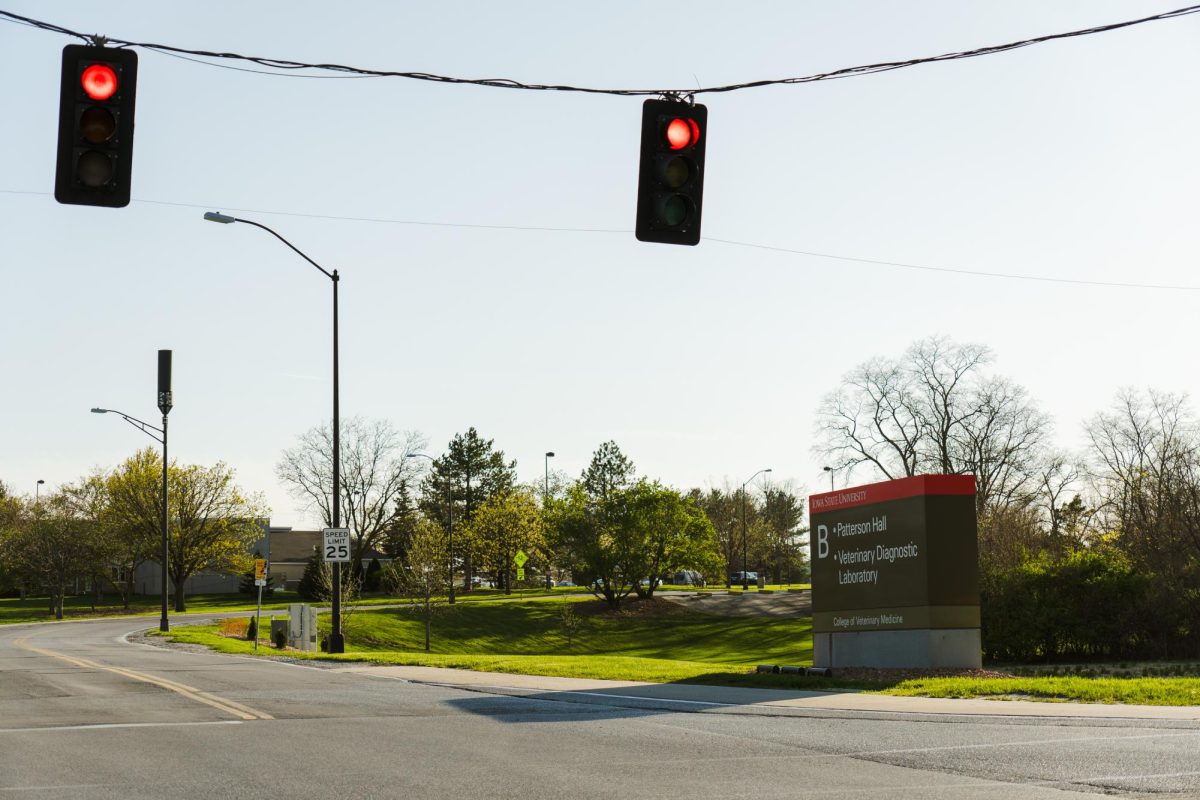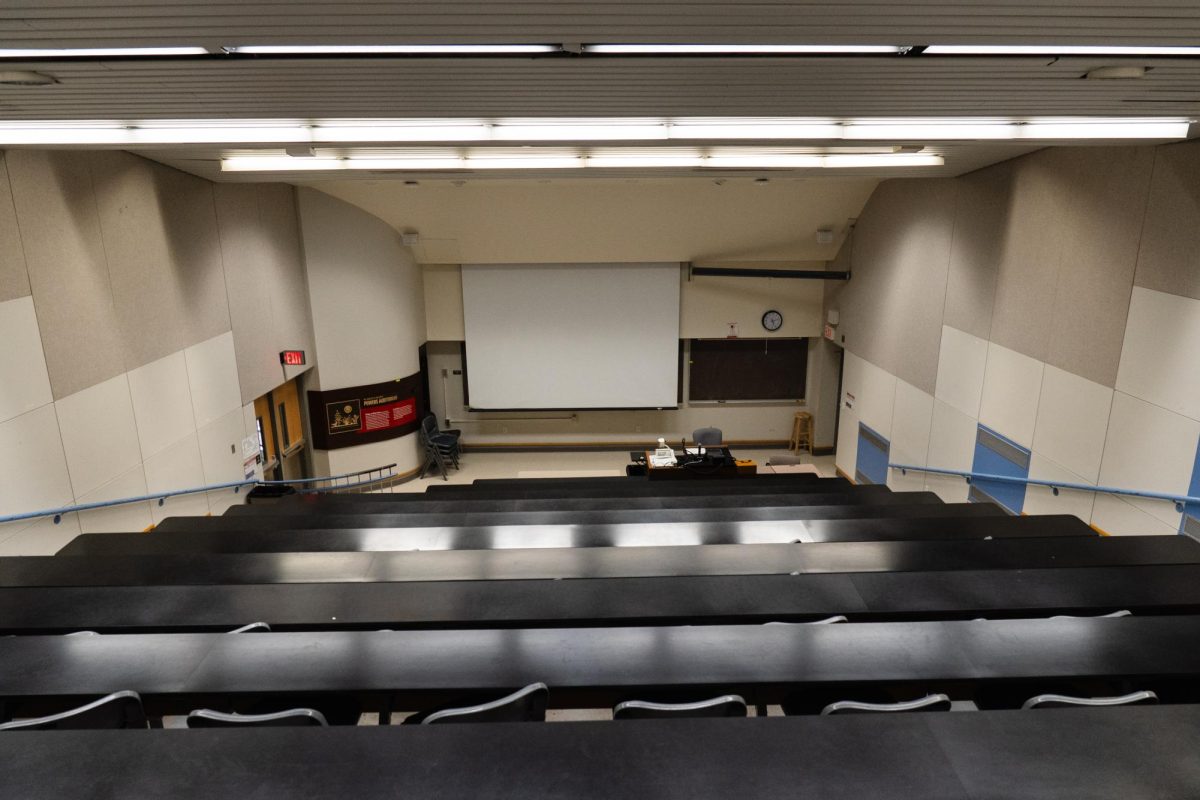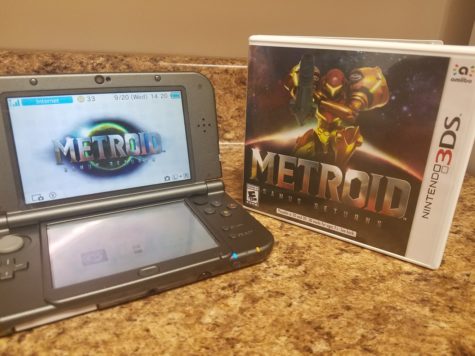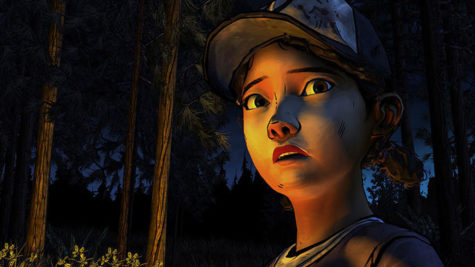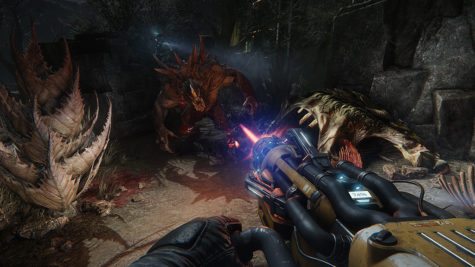Gamer’s Domain: ‘Metro 2033’ review
May 6, 2013
When I first entered the world of “Metro 2033,” I had zero idea what to expect. I had heard the game’s name thrown around for a few years, but never actually looked into it. Shockingly enough, I didn’t even know it was a post-apocalyptic game at all. Much to my delight, I had a reasonably grand time with this game that I got for free.
I acquired “2033” when I bought the Humble THQ Bundle sale that was going on just before the company’s bankruptcy. Because I paid more than the average, which was only around $5, I got the game along with many others for the best steal I’ve ever seen.
Anyway, the game is a fantastic display of visuals and sounds mixed in a world that is incredibly believable. I’m serious, I actually cared about the citizens and people I helped in my time in the “Metro.” Because the above-ground world was charred with a nuclear explosion and is covered in mutated beings, civilization (and a lively one at that) moved underground, which is where the player’s story starts.
What I love so much about “Metro” is the style of gameplay difference. Immediately I could tell this was unlike any other game I’ve played, and this is largely due to the level of polish I encountered. You know how in most games, a Russian accent sounds like no more than an American voice actor? This is not the case here. Every Moscow citizen I ran into had a different voice (or so it seemed) and sounded incredibly believable. At the end of the game, I realized why: The credits list was filled with what I assume to be Russian names, which is why the culture found in the game was so believable. While I have never been to Moscow or Russia in real life, what I felt in “Metro” has convinced me that that’s exactly how it is (minus the mutants and fallout).
Atmosphere is astonishing here. Music, ambient noise, footsteps, pebble drops, running water, blowing wind; it’s all so detailed. Honestly, I haven’t experienced sound design like this since “Skyrim” or “Battlefield.” It could be argued that this game performs better than those, even. I particularly loved the ominous, creepy metro tunnels (when I didn’t have an NPC following me), but the standout example of this excellent sound design was in the settlements I visited. They just sound so… alive. It really can’t be explained, it needs to be experienced.
Combat is the least of this game’s qualities; it’s nothing new. Stealth, aiming down the sights and sprinting are all here, just with the awesome visuals of the game on top. Overall combat isn’t stellar, but it works fine.
The visuals here are simply amazing. I’m running on a fairly high-end rig, and I didn’t even get to play on high settings. But that didn’t matter; I had the time of my life exploring everything this game could do. I have no idea why THQ doesn’t utilize whatever engine this is more often, because it is phenomenal. Seriously, this rivals Valve’s Source engine, which made the best-looking game I’ve ever seen (“Dear Esther”). Anyway, you get the point. This game is beautifully dark and very demonic in its tones and delivers it incredibly well.
Gameplay is linear, but I expected that. I knew it would be a story-driven game, and the lack of an open world surprisingly didn’t bother me. Objectives are sometimes open to tackling in different ways, so there’s that at least. The story is cliched but still powerful. Survival like this hasn’t been seen since “Fallout,” years ago.
After beating this game (and whoa, did the end make me lose my mind. The whole game could be scary, but the last scene really makes you question some things), I cannot wait another minute for “Metro: Last Light.” I don’t think my PC will be able to handle it, but I don’t care; I need to try. This game has shown me what the series can do, and it had me hooked from beginning to end.
“Metro 2033” gets a 4.5/5


